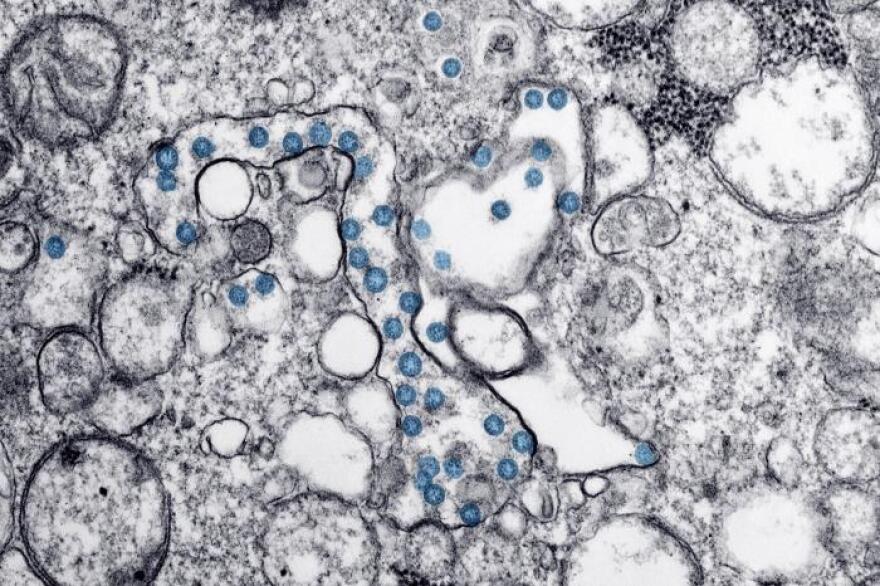Montana released a draft document Monday that outlines its COVID-19 vaccination plan and priorities as required by the CDC.
The draft plan says front line health care workers, personnel who play a critical role in national security, law enforcement, firefighters, pregnant women and infants will be the first to receive a vaccine during the initial two month roll out, though it’s not clear when that may be.
People at increased risk for severe COVID-19 illness are considered the second priority group during that first phase.
Vaccinations during the second phase, which the plan pegs at potentially three to six months out, would be expanded to include people at increased risk of acquiring or transmitting the virus and people with limited access to vaccination services.
Healthy adults with limited or no underlying medical conditions would be included in the third phase at least six months later.
The draft plan says the state’s health department will be the operation hub and responsible for reviewing local and tribal governments’ plans to distribute the vaccine. Vaccination providers will be required to enroll with the Montana Immunization Program and complete an online training.
Earlier in the day, the state’s draft plan was not discussed during a roundtable convened by the campaign for Democratic candidate for governor Mike Cooney, where health experts outlined challenges they expect states will likely encounter when trying to get people vaccinated, including public acceptance.
Dr. Ellie Graeden with the Center for Global Health Science and Security at Georgetown University said getting over that hurdle will require partnering with local leaders to help with messaging.
"It’s not the L.A. celebrities that are going to have the impact in Montana. It’s going to be even your heads of the rodeo community. It’s going to be your religious leaders in the state," Graeden said. "It’s going to be your tribal leaders across the state."
She said a logistical challenge will be finding ways to transport and store the vaccine at minus 112 degrees Fahrenheit.
"The other thing to consider is that it is certainly possible it will be a two-dose vaccine. Now, for anybody that lives in rural communities, we know that those are the kinds of issues that will really bring to the fore, the need to be intentional about distribution."
Graeden said asking people to drive 30 to 60 minutes one way to get a booster in the same week is a lot to ask, especially in winter when driving conditions can be problematic. She recommended using mobile clinics to set up shop in rural communities for a week to make it easier for people to get vaccinated.
Health experts predict most Americans won’t have access to a vaccine until the first half of next year. The mumps vaccine, which holds the record for fastest vaccine approved, took four years.
Copyright 2020 Yellowstone Public Radio


